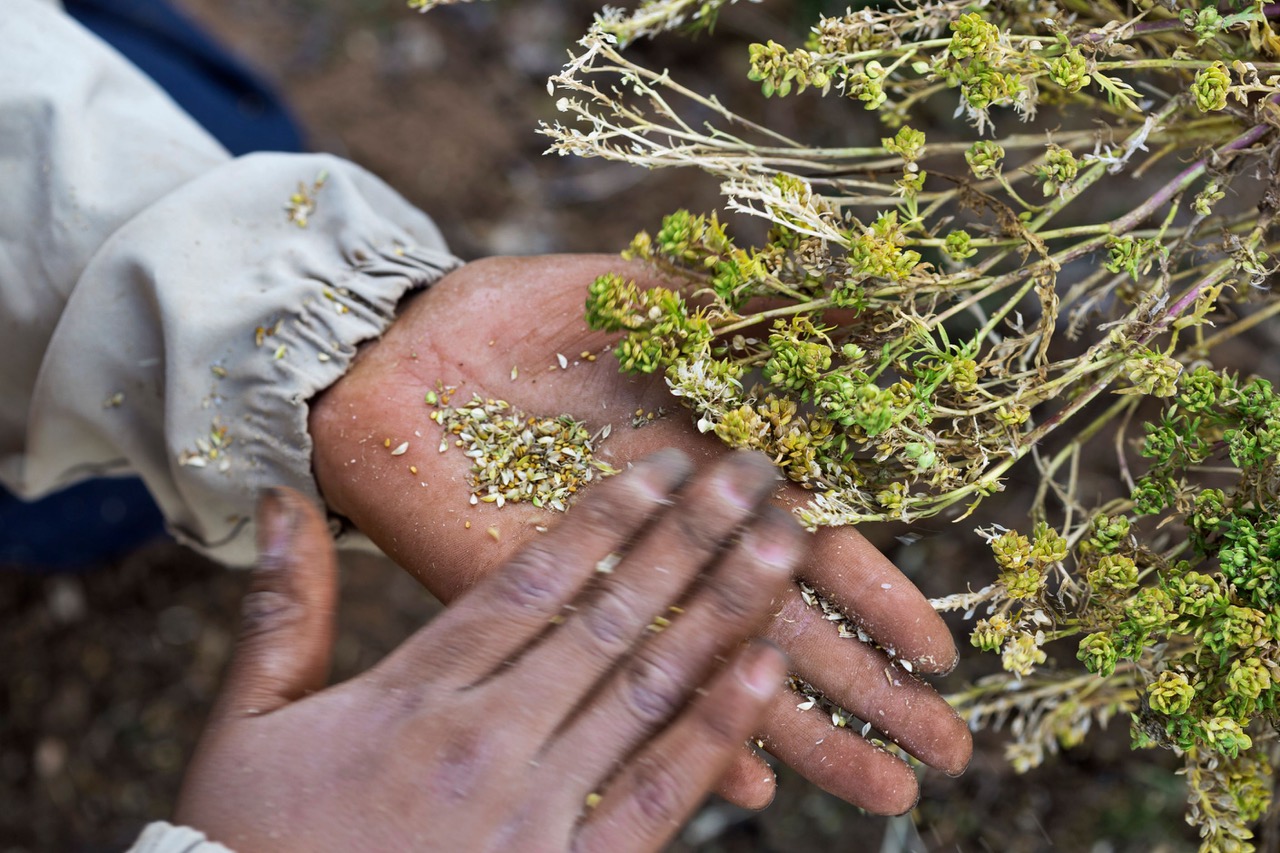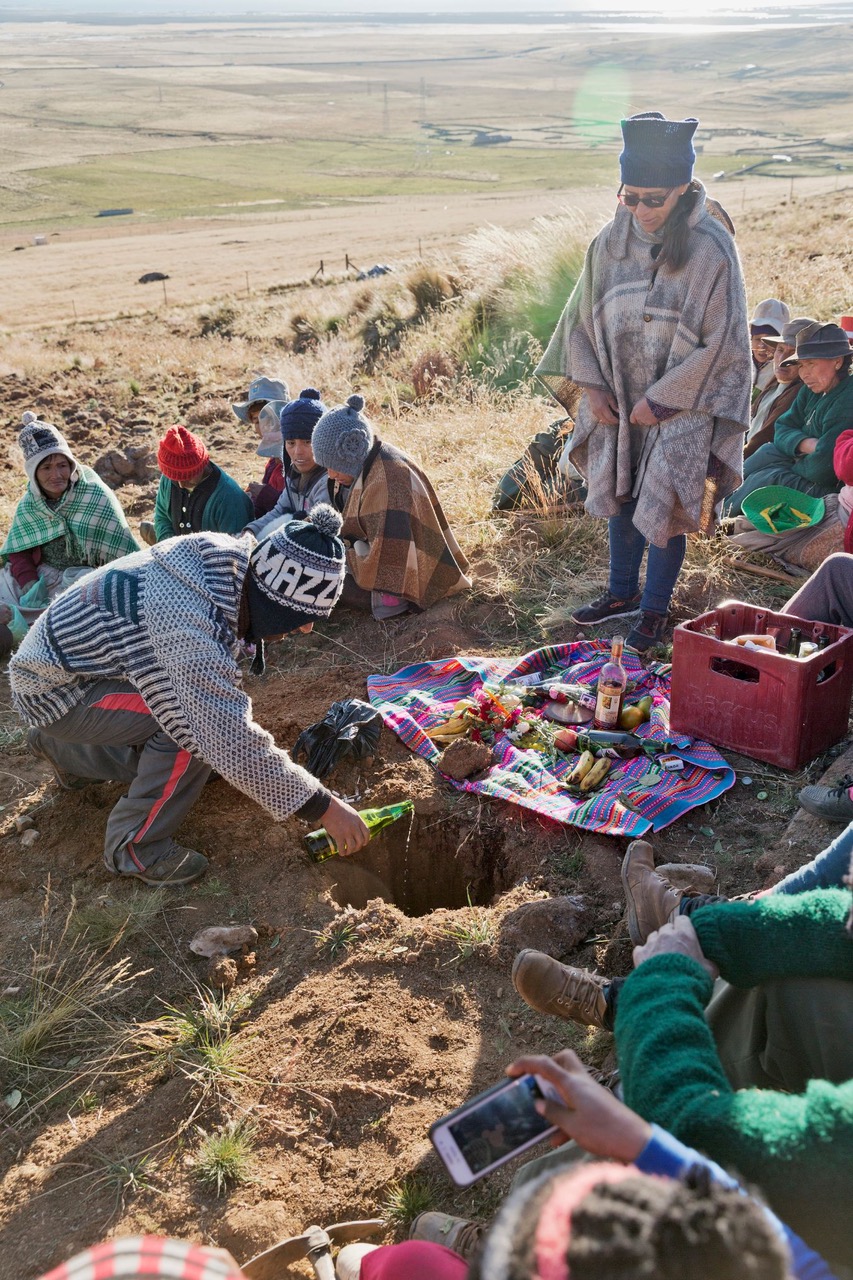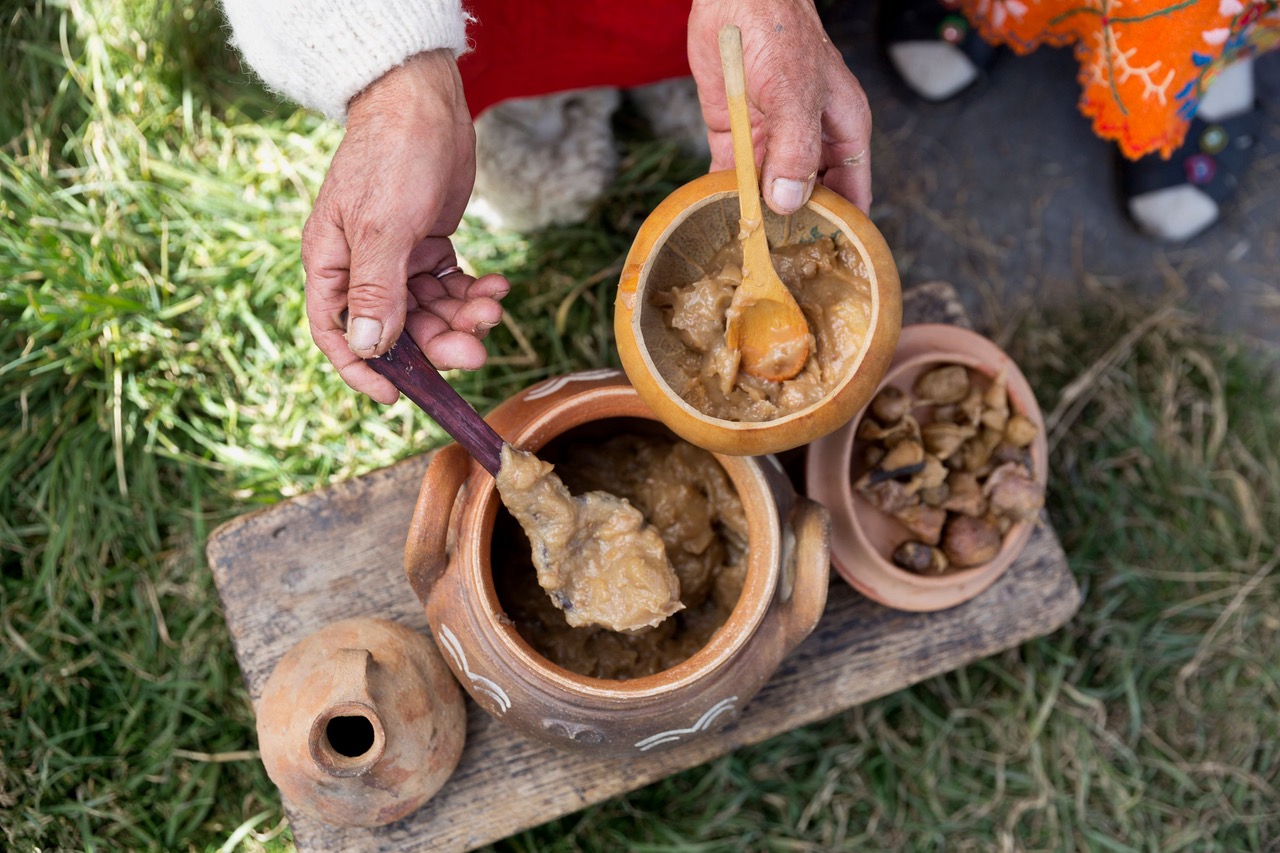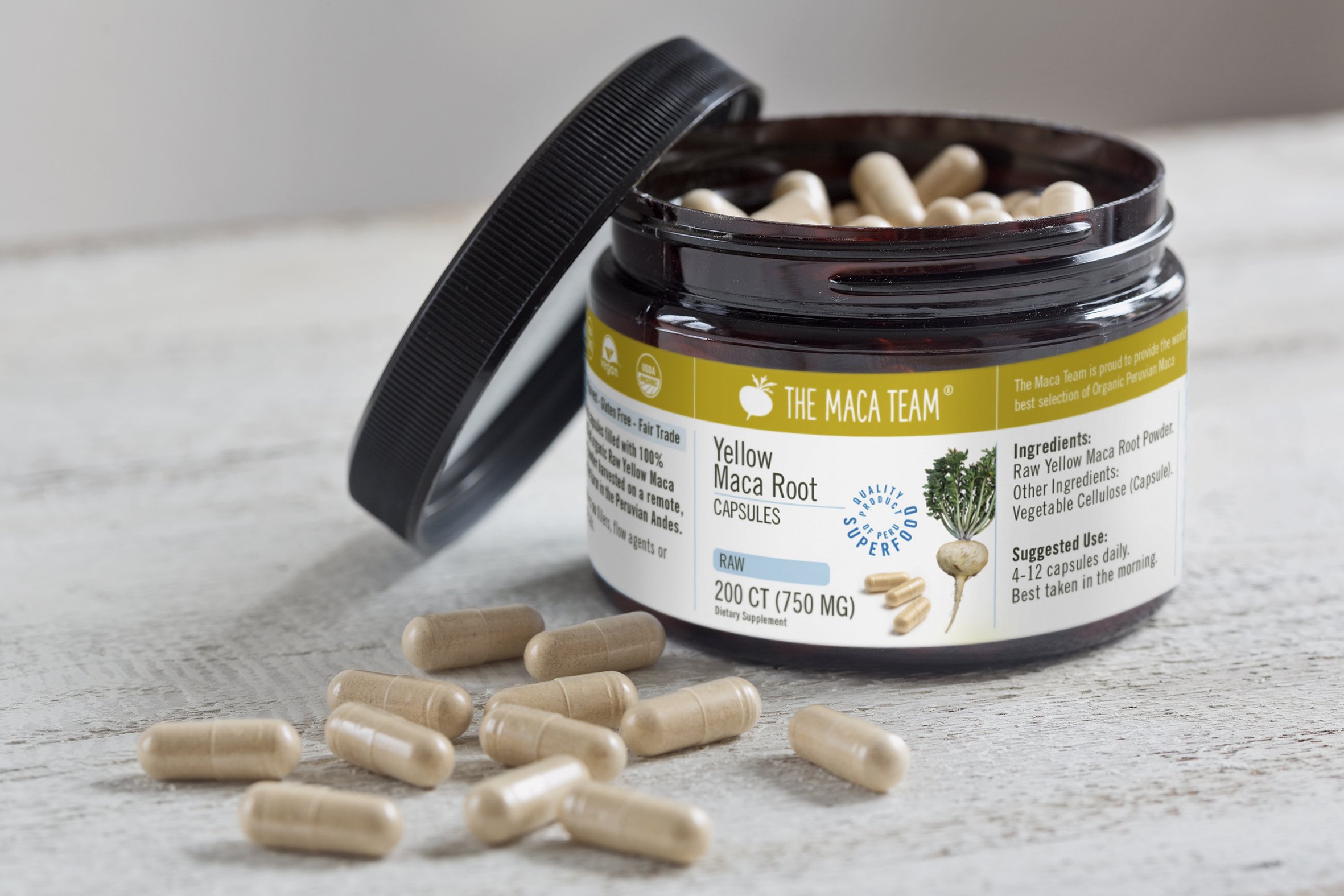A History of Maca Root
Posted by The Maca Team on 13th Dec 2023
It’s believed today that Andean South America has been inhabited by humans since 15,000 BCE. The region has been occupied by numerous complex societies since, with some of the best known including the Nazca culture and the Inca Empire. Though different parties have dominated the area over time, each has left some indelible influence on the cultures encountered in the Andes today.
One such enduring cultural practice is that of consuming maca root. Praised throughout the centuries for its many reported benefits, which include helping couples conceive and providing a much-needed energy boost to warriors, maca’s impact on the region is undeniable.
What is Maca?

Life in the Andes is physically taxing. This is especially true of the high altitudes in which maca grows, which boast some of the most intense UV radiation levels on Earth. As such, only the hardiest crops can thrive there. This includes maca root, a cruciferous vegetable in the same family as cauliflower and mustard.
It’s believed that maca has been cultivated in the Peruvian Andes for at least 2,000 years now. Maca is considered an annual plant that grows low to the ground under harsh, cold and windy conditions. Because of the impact the severe weather has on soil quality in the area, it’s essential for farmers to rotate their crop over the years to allow the nutrients in their fields to replenish themselves. That’s why we acquire our organic Peruvian-grown maca from a co-op of local farms in the Junin Plateau, where it’s sustainably harvested with respect for the long-term preservation of the land.
How Was Maca Used?

Some believe that cultures inhabiting the Andes took note of the positive impact maca had on livestock being grazed in the areas where the root grew. Whatever the reason, the humans occupying the land began harvesting maca for their own consumption. Maca plays a noteworthy role in the history of the area. Some of the earliest reports by European colonizers in the region in the 1500s make note of maca being associated with treating health concerns like low fertility as well as fatigue. Offerings of maca were included in tributes, and maca was also used for bartering.
When freshly-harvested, maca can be baked and eaten as a vegetable just like broccoli or carrots. However, in more recent years Peru has restricted the transport of whole maca from the country in order to protect this valuable natural resource. Historically, though, maca roots were often prepared as they today: sun-dried and then ground into powder or cooked into foods and beverages. Our Maca Recipes page includes instructions on how to prepare dishes like Mazamorra, a porridge made of sliced dried maca roots, as well as the fermented Chicha de Maca.
Why Maca?

The popularity of maca has waxed and waned over the years. Though it was widely introduced to world markets in the 1960s, consumption of maca draped significantly through the 1980s. It would be “rediscovered” by nutritional junkies in the late 1990s and early 2000s, which is when researchers began properly investigating the numerous claims of its health benefits. That was when studies began to confirm what the lifelong residents of the Andes have always known - that consuming maca may have measurable positive effects on the body’s health.
Maca has been associated with aiding fertility and addressing erectile dysfunction. It possesses anti-inflammatory and cancer-fighting properties, and has been linked with reduced depression and minimizing the effects of menopause. Maca has earned its title as a superfood many times over.
The Maca Team's Maca

Not sure how to add maca to your diet? Our Maca Finder product selection tool can help you identify the “right” maca for you based on your size and desired goals. Our Maca Powders are among our most popular products, but if you struggle with the flavor of maca you should consider trying out our vegan maca powder capsules, or our glycerin-based liquid maca extract. We promise there’s a maca for you!
If you have any further questions about our Fair Trade, non-GMO maca, we’d love to hear them. Please don’t hesitate to Contact Us using our web form, or call us toll-free at 888-919-8616.
Enjoy the Day!

